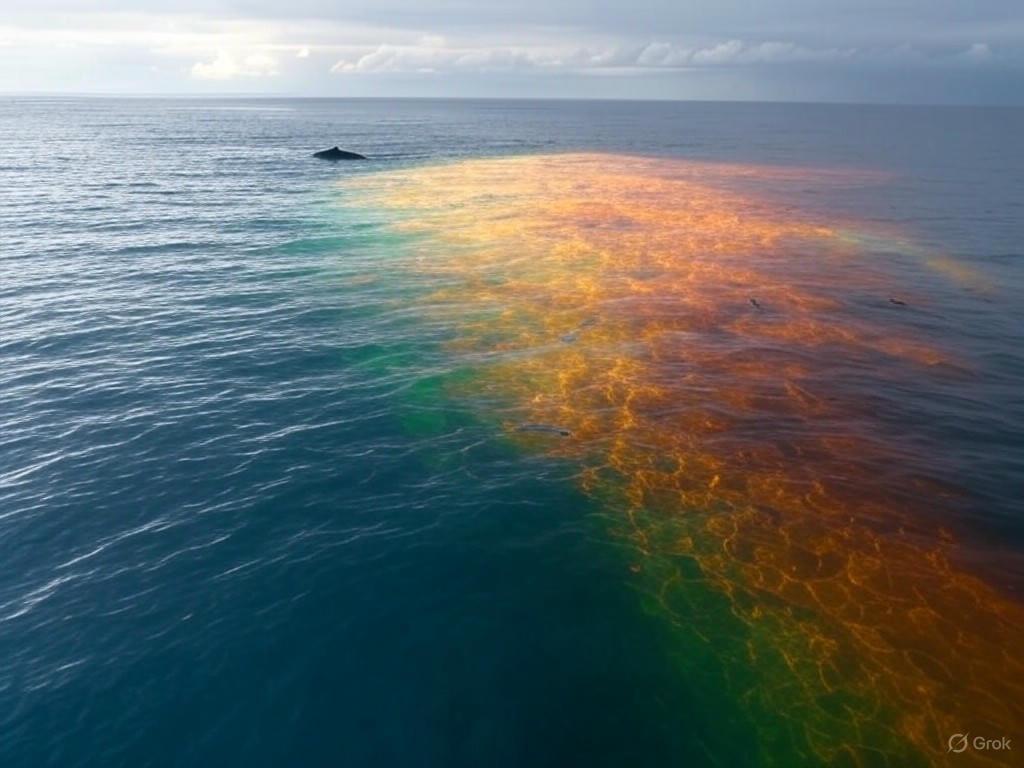Marine heatwaves (MHWs) are increasingly becoming a topic of concern for scientists and policymakers due to their significant impact on marine ecosystems and the global climate. In the northwest Atlantic, these intense sea temperature anomalies pose intricate challenges that are rapidly evolving due to climate change. These heatwaves are not random events but are linked to complex climate factors, including air-sea interactions and geophysical changes.
A key driver behind these MHWs in the Northwest Atlantic is the interplay between atmospheric conditions and ocean currents. This region is particularly vulnerable due to the convergence of air masses and currents [1]. The Gulf Stream, known for transporting warm water from the tropics northward, plays a fundamental role. However, fluctuations in its flow can intensify heatwaves, underscoring the critical nature of understanding local dynamics amid broader climate patterns.
The impact of these marine heatwaves extends beyond mere temperature increases. They have substantial effects on local marine life and ecosystems. As ocean temperatures rise, many species must adapt, migrate, or face population declines. This is especially troubling for the fishing industry and local communities relying on marine resources [2]. The economic repercussions are significant, as marine biodiversity loss can directly affect fishing yields and livelihoods.
Moreover, predicting the onset and development of marine heatwaves is essential for mitigation efforts. Current climate models strive to incorporate complex variables like air-sea heat exchanges, which are crucial for accurate predictions. Scientists emphasize the importance of continued research and monitoring to improve these models. The incorporation of new data sources and technologies is advancing our understanding, but there's still much to learn.
With climate change predicted to increase the frequency and intensity of these events, it is pivotal to support research into mitigation and adaptation strategies. Regional and global efforts must focus on minimizing human impacts and conserving vulnerable marine environments. By enhancing our understanding of these heatwaves, the goal is not just to react but to anticipate and adapt effectively to safeguard ecological and economic interests.
References:
1. Climate change and variability drive increasing exposure of marine heatwaves across US estuaries







